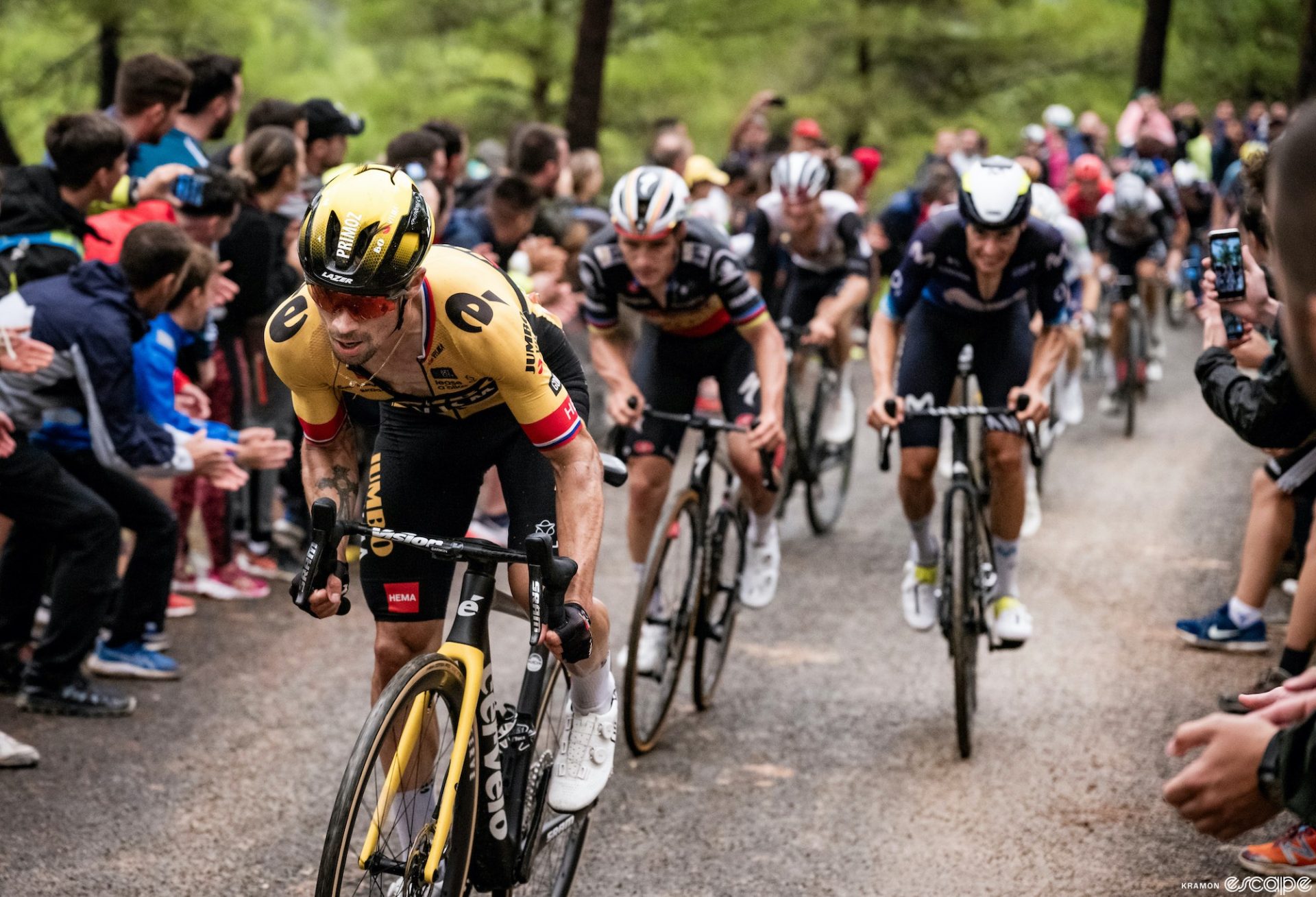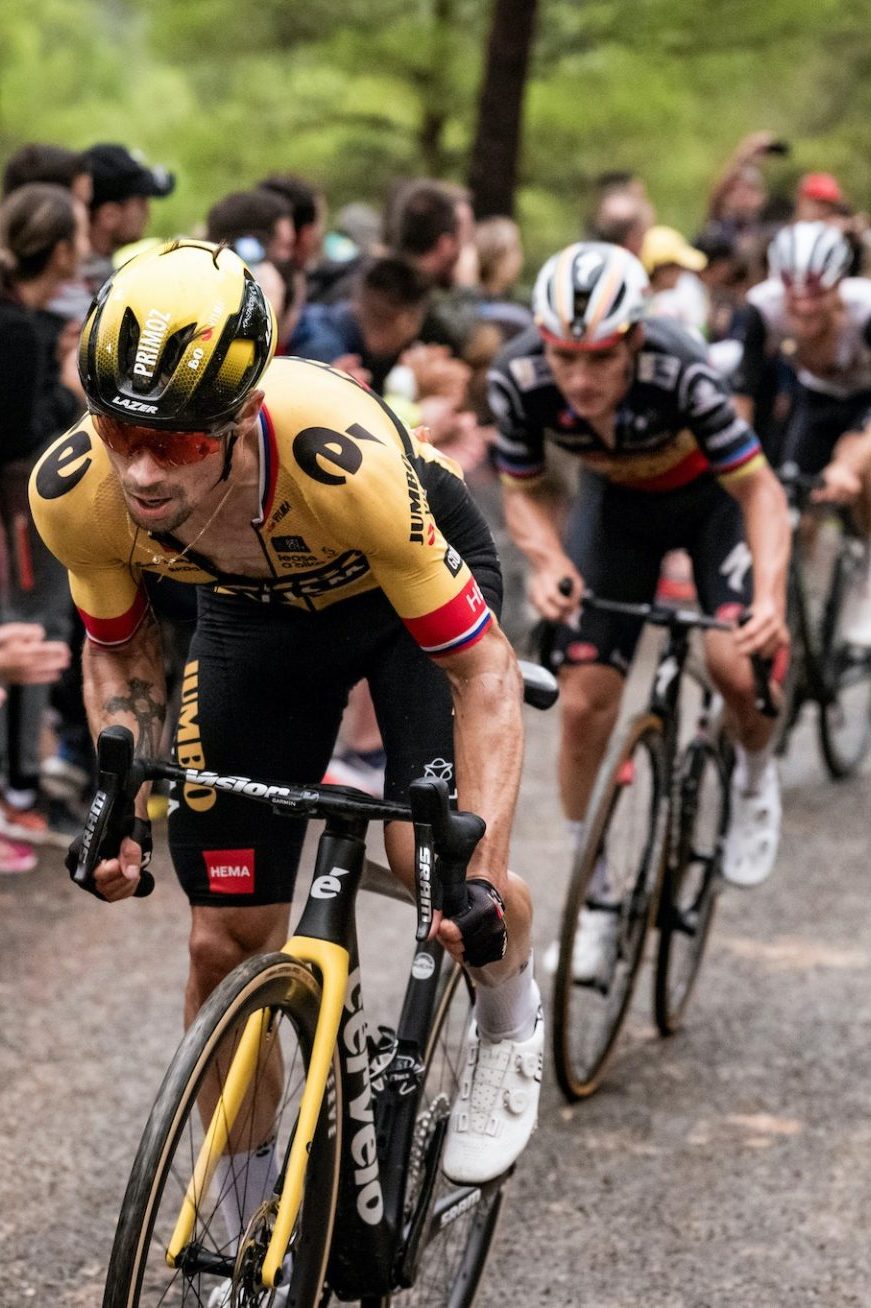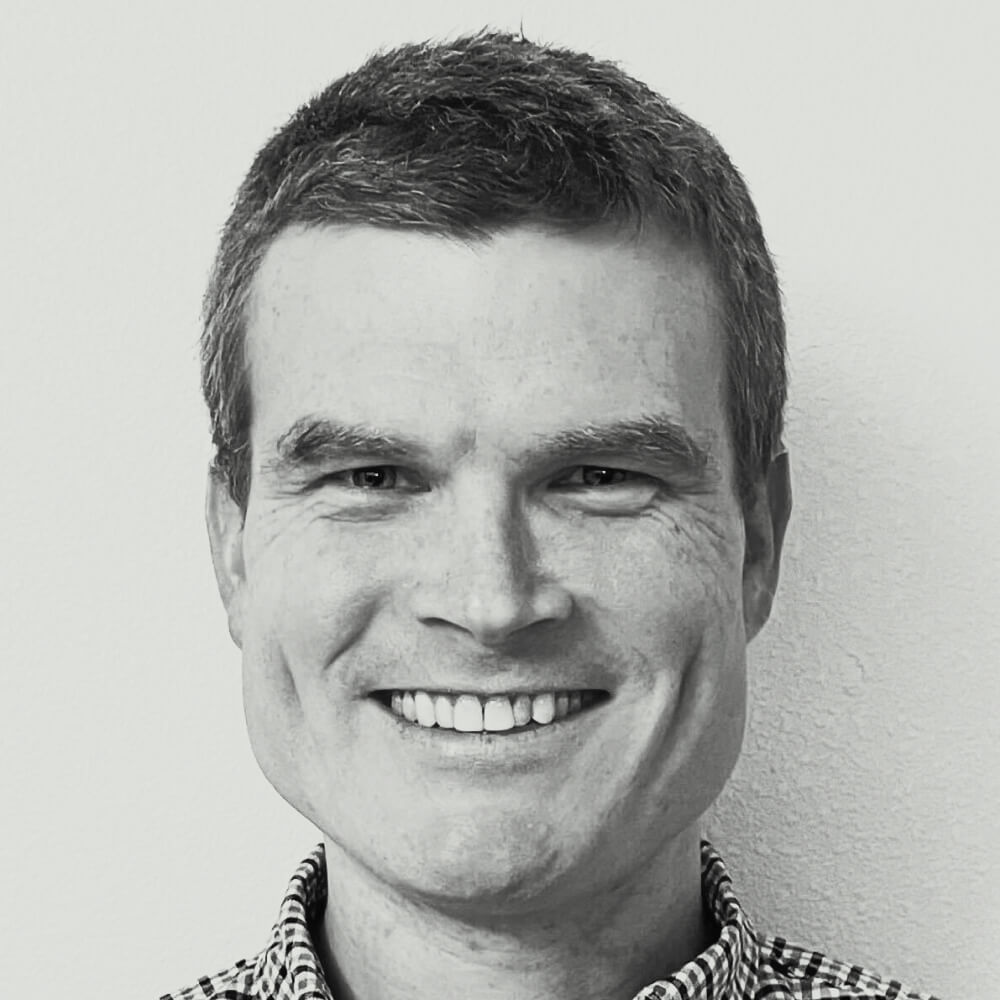With the 2023 WorldTour racing season officially in the books, now seems like as good a time as any to put our analyst hats on and evaluate some of the many transfers that have been announced over the past few months for the men’s peloton. As ever, some big names are on the move this offseason, on the hunt for greener pastures.
Your author, the guy who put that analyst hat on this morning, set out with an open mind to take a closer look at the notable moves and judge (arbitrarily, of course) those I deemed suitable matches and those that seemed destined for failure. Upon further review, however, I found myself liking quite a few of the big transfers that are going to reshape the men’s peloton in 2024, and thus this piece has drifted in a more positive and life-affirming direction.
In other words, here are the men’s road racing transfers I love this offseason! One last thing to keep in mind before we dive in is that because this is cycling and not basically every other major sport in the world, we don’t have public data on just how much these guys are getting paid. That means that we’re going purely on “fit” here, based on how the rider’s skillset and ambitions jive with the environment they’re joining.
Without further ado, here are some of our favorite moves of this men’s transfer season …
Primoz Roglič to Bora-Hansgrohe (2 years)
Let’s start with the biggest one of them all. I love this move for rider and team for multiple reasons. Obviously Roglič needed to leave Jumbo-Visma to get the opportunities that he desires and, honestly, deserves. On any other team, the reigning Giro d’Italia champ, three-time Vuelta a España winner, and former runner-up at the Tour de France would be the undisputed GC leader – but at Jumbo-Visma he was never going to have the full support of a squad that has moved on to Jonas Vingegaard.

Based on what Roglič wants, what this team needs, and the vibes, this is a great fit. Bora spent the past several years evolving from the Peter Sagan team to a squad with a wide array of talents for all kinds of races, culminating in a Grand Tour win for Jai Hindley in 2022. This year, however, was a quieter one for Bora, which needed a jolt of new talent. The 2024 roster is solid, with Hindley and Aleksandr Vlasov as well as up-and-comer Cian Uijtdebroeks, but Roglič gives Bora something they did not a have: a bona fide Tour contender right now, who currently has the third-shortest odds for next year’s race.
At Bora, Roglič will have the support of some very talented lieutenants (Dani Martínez has also been signed to the squad) and, in general, a capable and well-funded team structure. There are plenty of teams out there who would happily sign an A-lister like Roglič, but this one will give him a good chance to thrive, which might not have been true if he had gone to a smaller squad. There was plenty talk of Lidl-Trek and Ineos for Roglič this transfer season, and really, the former seemed like a good match and the latter at least a so-so one, but Bora-Hansgrohe – which had been interested in Roglič years ago before he signed with Jumbo – won the day, and he should slot in nicely.
Another factor that makes this match a good one is its length. This is a two-year deal, which seems like the perfect balance for a 33-year-old rider. He’ll have two years to prove himself, but should he start drifting into obscurity in the twilight of his career, the team won’t have to foot the bill.
Michael Mørkøv to Astana-Qazaqstan (1 year)
This deal is all about one goal: leading Mark Cavendish to a 35th stage victory at the Tour de France. Astana brought Cavendish back for 2024 with that objective in mind, so why not give the greatest sprinter of all time the best possible shot at setting a new Tour stage win record?
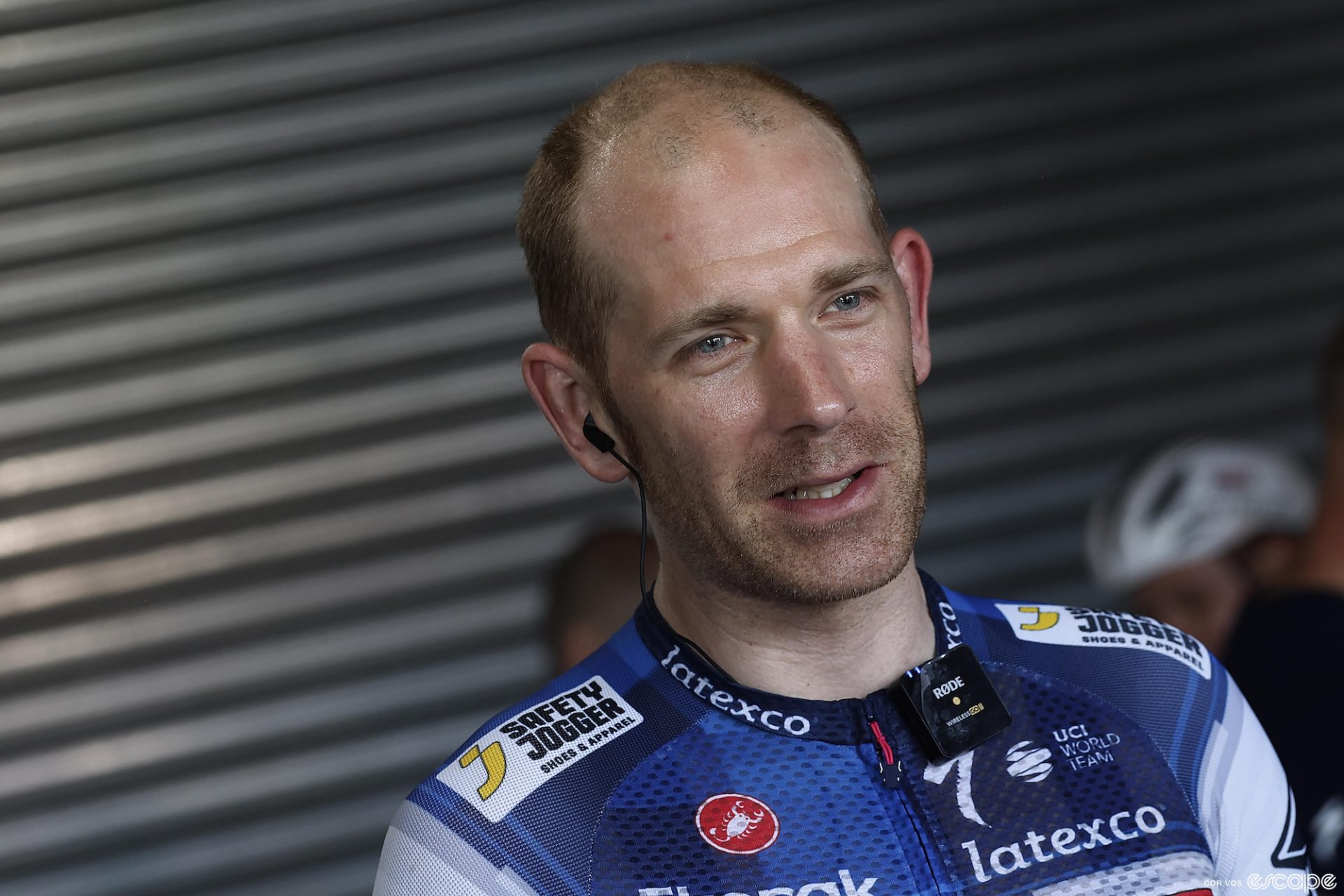
Mørkøv is among the best leadout riders of his generation and he has a long history of working well with Cavendish on both the road and the track, where they have raced together in Six Days events. Mørkøv was a key contributor in the Manxman’s resurgent 2021 Tour campaign. With Fabio Jakobsen leaving Soudal Quick-Step, there was not much left for Mørkøv to do with the Belgian outfit, but at Astana, he’ll put his vaunted leadout skills to work with an old friend.
Frankly, Astana needs this to succeed, considering how poorly they performed in 2023. The squad had very little going for it this past season other than Cavendish, and when his Tour ended prematurely, the team did not achieve much else at the highest level. Cavendish’s Giro stage win was the only WorldTour victory that Astana could muster on the entire season. Mørkøv’s arrival should help further ensure that, if healthy, Cavendish has a real shot at big wins.
This is also another deal without an overly long investment from the team. Mørkøv is clearly coming over to Astana to help Cavendish, and Cavendish is signed for one year, so it makes sense that Mørkøv (who is 38, by the way) would be too.
Pascal Ackermann to Israel-Premier Tech (2 years)
A few years ago, Pascal Ackermann looked like one of the top young sprinters in cycling, but things really started to go downhill for him after Bora-Hansgrohe decided not to take him to the Tour de France in 2021, inspiring him to look elsewhere. He settled on a move to UAE Team Emirates, which has generally liked to carry at least one legit sprint contender on the roster – but he was never going to be a major focus in the Grand Tours for a team that has Tadej Pogačar in its ranks.
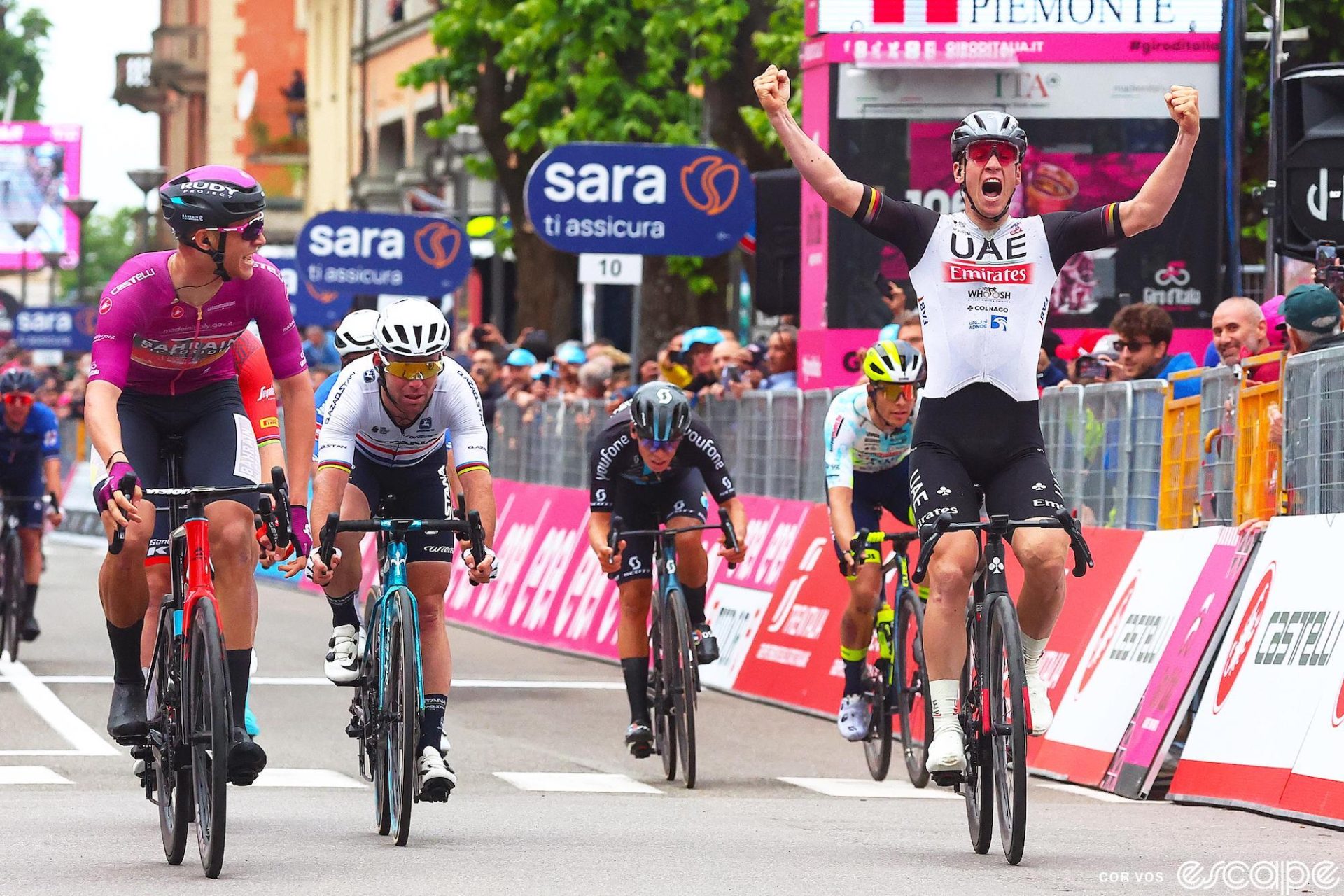
Ackermann is talented (he won a Giro stage for UAE this season) and still theoretically in his prime, and he’ll be heading to a team with some familiar faces to help lead him out in fellow Germans Michael Schwarzmann and Rik Zabel. This is also a team that obviously doesn’t have any big GC riders to stand in Ackermann’s way when it comes to hunting for stage wins in the biggest races.
Israel-Premier Tech is also a team in desperate need of talented riders who aren’t nearing the end of their careers, and Ackermann, who turns 30 in January, gives them that. In addition to his proven ability to pick up sprint stage wins, he is also a solid one-day racer, and he has scored results in events like Eschborn-Frankfurt that, although they aren’t as flashy as something like Gent-Wevelgem, provide riders and teams with WorldTour points.
If there’s any pro bike racing squad out there that could use a WorldTour-caliber rider to boost that points total, it’s a well-funded team that was relegated after a brief stint in the top division due to its lack of results. Fortunately for Israel-Premier Tech, the team has made a number of solid signings this transfer season, and there is help on the way in the form of Ackermann and also Ethan Vernon, Jake Stewart, and others.
Tao Geoghegan Hart to Lidl-Trek (3 years)
Grand Tour contenders don’t grow on trees, so even when a team gets a big boost to its budget and makes it clear that it’s planning to go out and sign some talent, that doesn’t automatically mean those talents are ripe for the picking. Lidl-Trek found a good one in Tao Geoghegan Hart, who has shown at least in brief flashes during his career that he is an extremely capable climber (time trials, too).
Like Bora, Trek is a stable organization with a bunch of talented riders that needed a marquee leader. Like Bora, Trek was also interested in signing Roglič, who could have done well there, but Geoghegan Hart is a great match too. He may only have the one Giro victory on his palmares, but Geoghegan Hart is a signing for the long haul, not just a short-term bet. He has shown that he has legitimate Grand Tour star potential if he can stay healthy and upright, and at 28, he should be entering his best years right now.
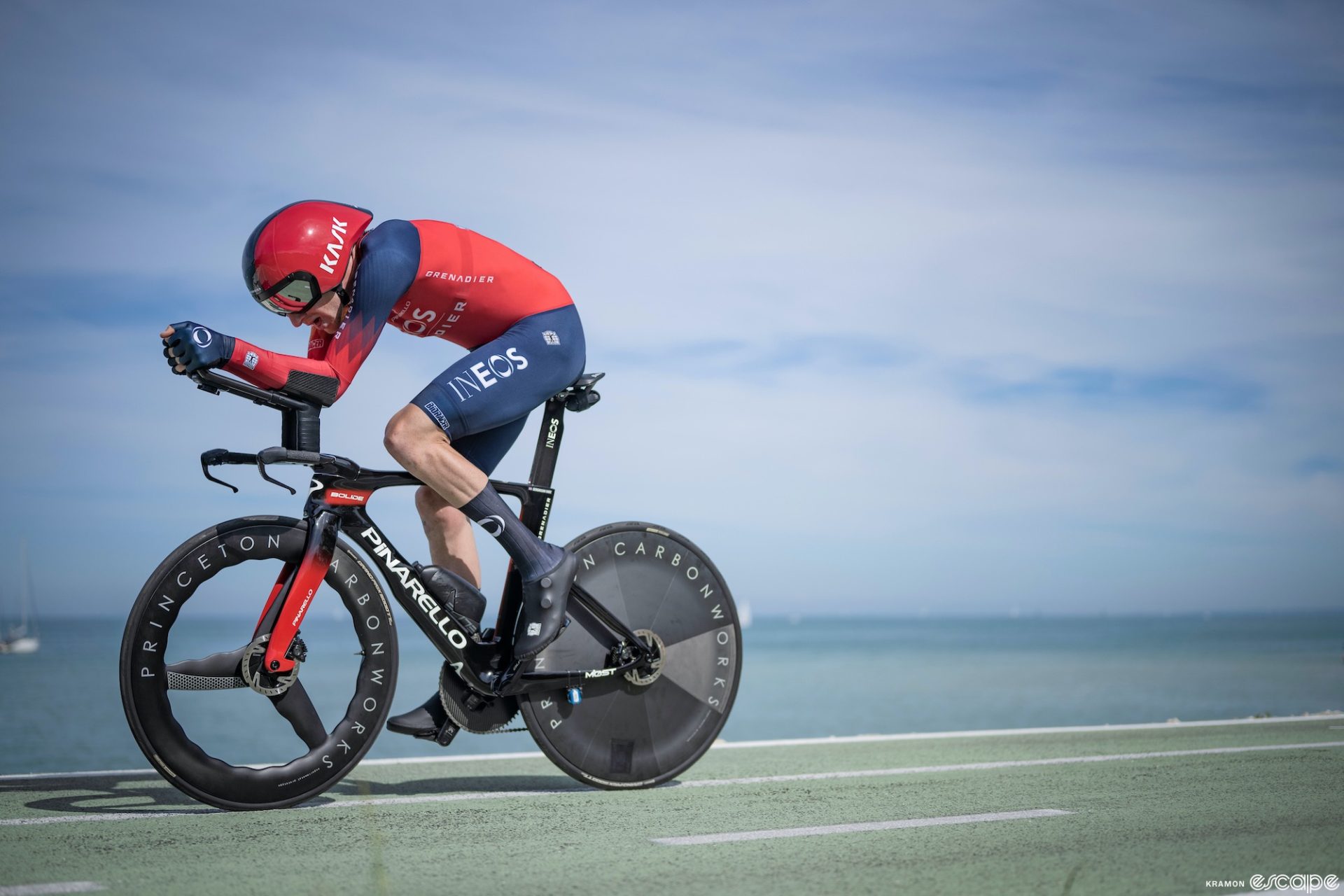
Lidl-Trek has locked him up through 2026, meaning that the team can build around his presence for the next few seasons. Then again, if it doesn’t work out right away, they can always add another big name, and Geoghegan Hart isn’t quite at the level where there would naturally be any expectation of him getting the benefit of the doubt for years and years.
The vibes also check out. Geoghegan Hart is a Londoner in his (late) 20s, and Trek cultivates a largely English-speaking fanbase. Although nothing’s certain with Geoghegan Hart rebounding from his serious injuries at this year’s Giro, from both a sporting and a PR perspective, this should be a hit for Lidl-Trek.
Caleb Ewan to Jayco-AlUla (2 years)
This is a really tricky one to evaluate. On the one hand, Ewan will be returning to where he started his WorldTour career, an Australian star back on the Australian team that saw him achieve his first big wins as a youngster. Jayco has solid leadout riders and Ewan has a long track record of success with the organization.
On the other hand, Jayco-AlUla already has Dylan Groenewegen on the roster. Not long ago, these two were rivals for Tour sprints, and they both count five Tour stage wins on their career palmarès. Now, they will suddenly have to coexist in the same team, and with any other outfit, that would be a big red flag and would have landed this transfer on my “bad fits” list. And yet.
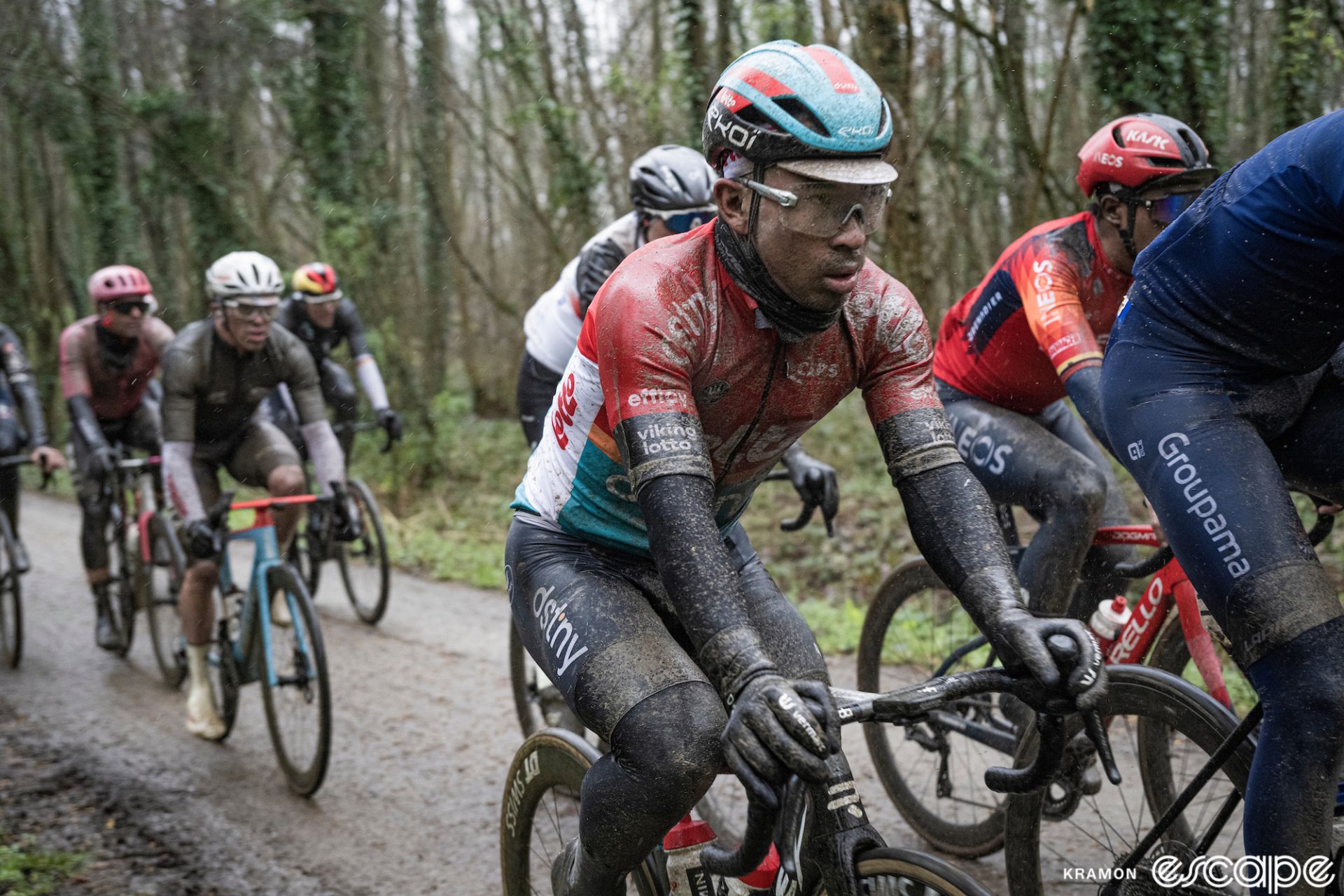
Ewan and Jayco both went into this arrangement knowing full well what the situation would be, with an extension for Groenewegen announced almost immediately after Ewan’s own deal. Sports director Matt White has said that each rider will have his own schedule and leadout, which each is assumedly OK with, considering their respective decisions to sign knowing the other would be there.
The fact that Ewan has raced with this staff before suggests that any potential tensions will be easier to manage, and in the end, Jayco ends up with two great speedsters to spread across the three Grand Tours and the sprinter-friendly Classics, while Ewan gets a chance to revitalize his career after a disappointing 2024 campaign. It will certainly be a story if the team picks one rider over the other to race the Tour de France, but either way, they win.
As for Ewan himself, he has not yet turned 30, but he clearly needs to revitalize his career, and it’s hard to think of a better place for him to make that happen.
Bonus round: Mikel Landa to Soudal Quick-Step (2 years)
I really don’t know if Mikel Landa will be a good fit at Soudal Quick-Step, but I love it anyway. Landa’s personality is built for primetime, and this team is always in the headlines – and yet he also tends to struggle as the clear-cut top GC option on a team that has Grand Tour pressure, which he won’t have to worry about as much in his new team.
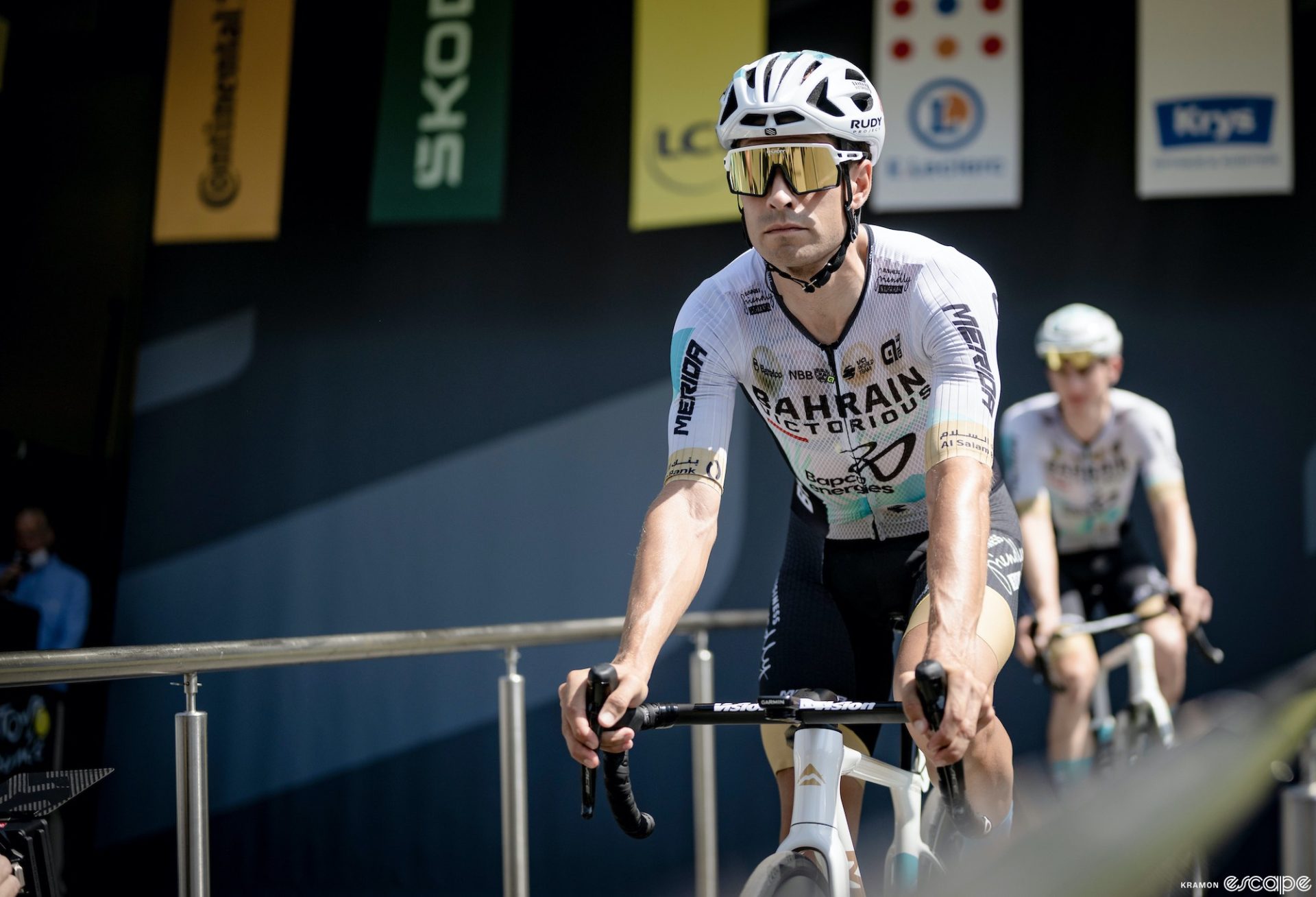
Quick-Step could be Landa’s chance to get back to what he does best, which is hunting stages at Grand Tours and being an outside option for GC, while also giving him a lower-pressure opportunity to play a second-fiddle role to Remco Evenepoel at the Tour de France. The best-case scenario is that he shines as surprise GC hopeful at the Giro or the Vuelta and grabs Grand Tour stage wins while serving as a valuable super-domestique for Evenepoel, and if you squint, you can just see how that might happen.
Of course, this is also the Patrick Lefevere team, and if Landa doesn’t live up to Lefevere’s expectations, you know we’re going to hear about it in his Het Nieuwsblad column. With these two personalities, there is always a chance of drama – but either way, at least it’ll make for entertaining viewing, and isn’t that what sports is all about?
What did you think of this story?
